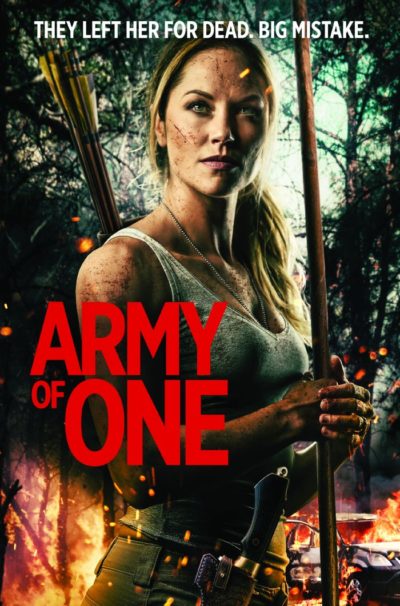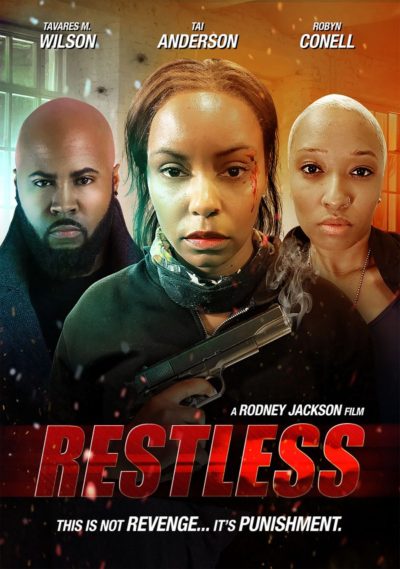★★★
“Mononoke Hime, with potatoes…”
 Ok, that’s a little harsh. But this very definitely does feel like an Irish take on Princess Mononoke, Hayao Miyazaki’s epic fantasy. This begins with the technical aspects, both animated films rejecting CGI in favour of a more traditional, hand-drawn style. In 1997, when Mononoke came out, that wasn’t so radical: the first fully CGI feature, Toy Story, had come out less than two years earlier. But in 2020, the dominance of CGI is such that Wolfwalkers seems a total throwback; after all, Disney went fully CGI after Winnie the Pooh in 2011. This is a very different style, and if you’re used to the hyper-realistic approach of Pixar, may take some getting used to.
Ok, that’s a little harsh. But this very definitely does feel like an Irish take on Princess Mononoke, Hayao Miyazaki’s epic fantasy. This begins with the technical aspects, both animated films rejecting CGI in favour of a more traditional, hand-drawn style. In 1997, when Mononoke came out, that wasn’t so radical: the first fully CGI feature, Toy Story, had come out less than two years earlier. But in 2020, the dominance of CGI is such that Wolfwalkers seems a total throwback; after all, Disney went fully CGI after Winnie the Pooh in 2011. This is a very different style, and if you’re used to the hyper-realistic approach of Pixar, may take some getting used to.
The similarities don’t stop there. Both take place in medieval times, and have a settlement on the edge of the woods in a struggle with nature and its spiritual forces – in particular, as marshaled by a young girl. Another young person ventures into the woods, eventually befriending the girl, and the pair team up to prevent the destruction of the forests in the name of “civilization.” For rural Japan, read rural Ireland in the mid-17th century. For Lady Eboshi in charge of the modern forces, read England’s Lord Protector, Oliver Cromwell (McBurney). This adds a touch of colonialism to the general ecological message here, with Cromwell seeking to subdue the wolves, partly as a demonstration of power over the local population.
There are other differences, too. The heroine here is Robyn Goodfellowe (Kneafsey), the daughter of hunter Bill (Bean), who has come to Ireland to control the wolf population. Robyn wants to help her father, but he’s having none of it. That doesn’t stop her from sneaking into the woods where she meets Mebh Óg MacTíre (Whittaker). She and her mother are wolfwalkers, whose spirits leave their bodies and turn into wolves when they are asleep. They also control the local native canine population. A bite from Mebh turns Robyn into one as well, but Cromwell has captured Mebh’s mother in her wolf form, sending her into a sleep from which she can’t awaken. Robyn tries to convince her father of the existence of wolfwalkers, and broker a peaceful resolution. Neither he nor Cromwell are having any of it, setting up a final confrontation in the forest.
On its own terms, this might have merited a slightly higher score. The problem for me was, it simply reminded me of the strengths of Mononoke. That was considerably more subtle about its message, making Eboshi a much more sympathetic character than Cromwell, who is positively cartoonish in both looks and demeanour. [Spoiler: I’m also fairly sure he wasn’t pushed to his death off a precipice by an Irish lycanthrope]. The approach here is simplistic in comparison, especially the deeper we get into the story. which probably makes it more appropriate for a younger audience than adults. I still enjoyed it, but doubt there’s much rewatchability to be found here.
Dir: Tomm Moore and Ross Stewart
Star (voice): Honor Kneafsey, Eva Whittaker, Sean Bean, Simon McBurney





 Whenever the Olympics are on, we love watching the weird sports that never get covered the rest of the time. That means things like handball, archery and fencing, so I was particularly interested by this Russian film, based around the quest for gold in the women’s sabre event. While it does struggle to move past the usual cliches of sports films, it’s done with enough energy to work. The two protagonists are Aleksandra Pokrovskaya (Khodchenkova), a veteran coming to the end of a long, successful career, and Kira Egorova (Miloslavskaya), a brash teenager who arrives on the scene with a blast, and whose unconventional style causes fits among other fencers. Aleksandra has one final crack at the prize which has eluded her – an Olympic gold – but Kira poses an unprecedented threat to that ambition.
Whenever the Olympics are on, we love watching the weird sports that never get covered the rest of the time. That means things like handball, archery and fencing, so I was particularly interested by this Russian film, based around the quest for gold in the women’s sabre event. While it does struggle to move past the usual cliches of sports films, it’s done with enough energy to work. The two protagonists are Aleksandra Pokrovskaya (Khodchenkova), a veteran coming to the end of a long, successful career, and Kira Egorova (Miloslavskaya), a brash teenager who arrives on the scene with a blast, and whose unconventional style causes fits among other fencers. Aleksandra has one final crack at the prize which has eluded her – an Olympic gold – but Kira poses an unprecedented threat to that ambition. 
 Josie (Scott) is a babysitter, though her real interest is her work as a leader in the Girl Guide-like “Mustard Seed” summer camp. In this she mentors young girls, and accumulates some nifty skills of her own. This is relevant, due to her current situation. She’s taking care of Sophie (Hazen), the youngest daughter of the Castillo family. The father is a rich music mogul, and they live in a remote mansion, deep in the Utah mountains. The family come back early, but before Josie can leave – she’s playing hide and seek with Sophie – there’s a home invasion by three people, under the leadership of The Woman (Yeaman). They’re no regular burglars, but members of a Satanic cult, intent on retrieving artifacts hidden in the house by its previous owners. These can then be used to sacrifice the inhabitants, and open a portal for… something not very nice to enter our world.
Josie (Scott) is a babysitter, though her real interest is her work as a leader in the Girl Guide-like “Mustard Seed” summer camp. In this she mentors young girls, and accumulates some nifty skills of her own. This is relevant, due to her current situation. She’s taking care of Sophie (Hazen), the youngest daughter of the Castillo family. The father is a rich music mogul, and they live in a remote mansion, deep in the Utah mountains. The family come back early, but before Josie can leave – she’s playing hide and seek with Sophie – there’s a home invasion by three people, under the leadership of The Woman (Yeaman). They’re no regular burglars, but members of a Satanic cult, intent on retrieving artifacts hidden in the house by its previous owners. These can then be used to sacrifice the inhabitants, and open a portal for… something not very nice to enter our world. 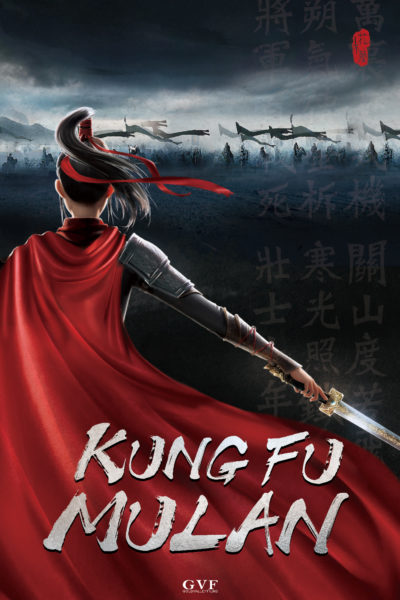 Going into this, I was expecting it to be really terrible. After all, this Chinese animated version seemed to be little more than a mockbuster, riding on the trails of Disney’s
Going into this, I was expecting it to be really terrible. After all, this Chinese animated version seemed to be little more than a mockbuster, riding on the trails of Disney’s 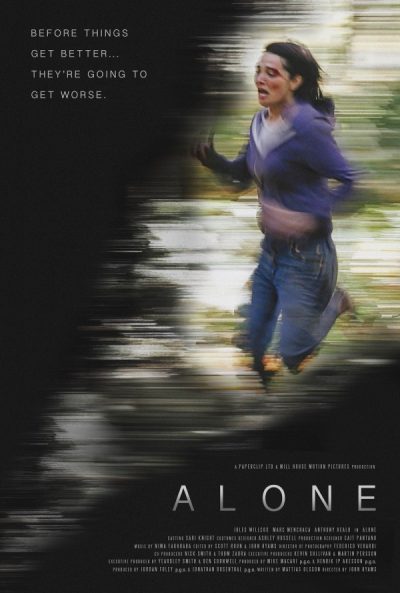
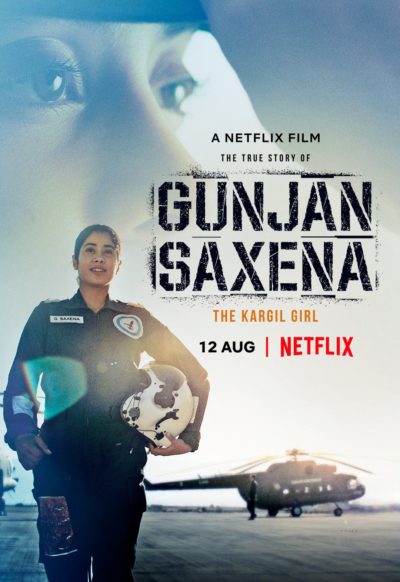
 The sport of arm-wrestling has been featured in the movies before, most notably the Sylvester Stallone vehicle, Over the Top. But that wasn’t a comedy – at least, not intentionally. This entry, as well as switching to the distaff side, also has its tongue in cheek, while still sporting a strong message about female empowerment, that never becomes a lecture. If you’re looking for an inspiration I’d saw the
The sport of arm-wrestling has been featured in the movies before, most notably the Sylvester Stallone vehicle, Over the Top. But that wasn’t a comedy – at least, not intentionally. This entry, as well as switching to the distaff side, also has its tongue in cheek, while still sporting a strong message about female empowerment, that never becomes a lecture. If you’re looking for an inspiration I’d saw the 